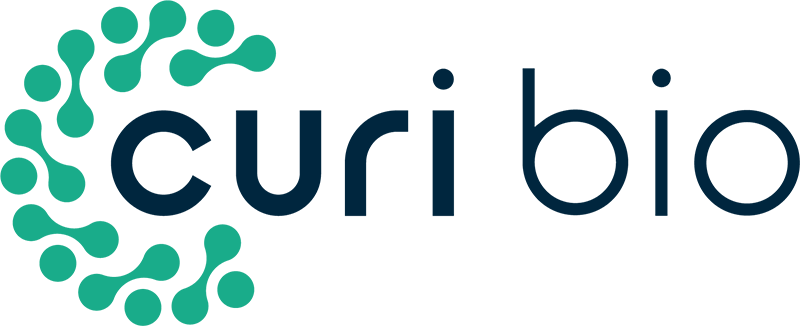3D cellular models and organs-on-chips are poised to add tremendous value to translational research. But these biologically complex systems typically require extensive expertise and lack the throughput necessary for therapeutic discovery. For example, 3D engineered muscle tissues have been demonstrated to be more predictive of human responses in the dish when compared with traditional 2D cell-based assays. This has driven intense interest in adopting these 3D muscle models in preclinical and translational research. However, their complex implementation has remained a roadblock for many labs.
Read more...
A basic overview of the technology will be provided, along with application examples across various use cases. Cardiac applications will focus on the assessment of drug toxicity for acute proarrhythmic compounds as well as for chronic structural cardiotoxicants. Disease models generated from induced pluripotent stem cells (iPSCs) and tested on the platform will also be demonstrated. Data on primary and iPSC-derived skeletal muscle constructs will also be presented, including disease phenotype stratification in muscle diseases like muscular dystrophy.
Additionally, guest speaker Dr. Chris Hinckley, Sr. Scientist at Biogen, will present recent data generated using the 3D modeling platform. He will discuss how the development of human cellular models of disease is critical to support a chain of translatability, linking cellular, and clinical endpoints in the drug development process. While human induced pluripotent stem cells (hiPSC) derived cell types are a powerful tool to model how a candidate therapy impacts its target, use of these cells to establish efficacy on translatable physiological readouts is limited. Dr. Hinckley will then detail Biogen’s approach to integrate three dimensional hiPSC derived skeletal myobundles into their research pipeline utilizing the Mantarray system.
Read Less...
Join this webinar to gain an understanding of how these advanced 3D muscle models can be easily adapted to research and an appreciation of the platform’s utility to therapeutic discovery.
Speakers

Dr. Hamed Ghazizadeh, Sr. Product Manager, Curi Bio
Dr. Hamed Ghazizadeh is a Senior Product Manager at Curi Bio, a leading developer of human stem cell-based platforms for drug discovery. He received his PhD in Nanoengineering from North Carolina A&T State University with an emphasis on cell biomechanics. At Curi Bio, Dr. Ghazizadeh bridges the gap between end user needs and Curi’s product development team to commercialize innovative products that increase the predictive power of in vitro cell-based assays.

Dr. Chris Hinckley, Principal Scientist, Biogen
Dr. Chris Hinckley is a Principal Scientist and lead of the Biogen Cellular Physiology and Assays group. Dr Hinckley received his PhD in Physiology from the University of Wisconsin-Madison with an emphasis on motor system neurophysiology. As a Postdoctoral fellow at the Salk Institute for Biological Studies Dr Hinckley studied neurodevelopmental processes in spinal motor neuron circuit formation. At Biogen, Dr. Hinckley’s group develops functional, physiologically validated hiPSC derived models of neurological and neuromuscular disease.
Who Should Attend?
- Pharmaceutical Researchers developing new drugs
- Directors of Research who need new technologies for bringing drugs to market
- Safety Pharmacologists who need to screen for safety liabilities
- Research Scientists developing next-generation in vitro disease models for therapeutic development
What You Will Learn
Attendees will learn:
- How to implement advanced bioengineering approaches in a scalable format
- The value of 3D over 2D assays, and how to balance complexity with throughput
- The implementation of 3D organoids at high-throughput
- How to use these systems for toxicity screening and disease modeling
Xtalks Partner
Curi Bio
Curi Bio’s preclinical discovery platform combines human stem cells, systems, and data to accelerate the discovery of new medicines. The Curi Engine is a seamless, bioengineered platform that integrates human iPSC-derived cell models, tissue-specific biosystems, and AI/ML-enabled phenotypic screening data. Curi’s suite of human stem cell-based products and services enable scientists to build more mature and predictive human iPSC-derived tissues—with a focus on cardiac, musculoskeletal, and neuromuscular models—for the discovery, safety testing, and efficacy testing of new drugs in development. By offering drug developers an integrated preclinical platform comprising highly predictive human stem cell models to generate clinically-relevant data, Curi is closing the gap between preclinical data and human results, accelerating the discovery and development of safer, more effective medicines.
You Must Login To Register for this Free Webinar
Already have an account? LOGIN HERE. If you don’t have an account you need to create a free account.
Create Account

